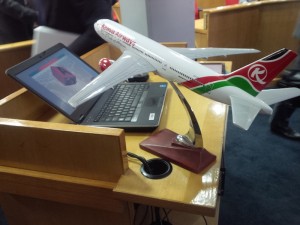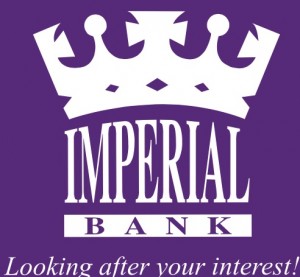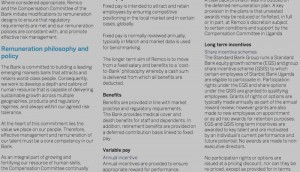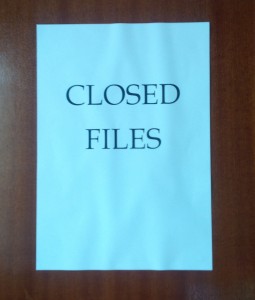Yesterday the Capital Markets Authority (CMA) meted out punishment, following the Uchumi Supermarkets (USL) rights Issues.
Back in 2014. Uchumi’s rights issue to raise Kshs 895 million ($10 million) by offering shareholders 3 shares for every 8 held at Kshs 9 per share, with the funds to be used for expansion in East Africa and refurbishment of stores.
(Excerpts from) The CMA statement reads:
- The regulatory breaches of the former directors and the two USL officers were identified in respect of the period of 2012 – 2015 and involved making changes to the Information Memorandum (IM) after CMA approval; failing to make proper disclosure of material information to inform investor decision making; misapplication of Rights Issue (RI) proceeds; mis-statement of financial statements in 2014; weaknesses in board oversight of the branch expansion programme; inadequate conflict of interest management; and inadequate disclosure of asset sale and leaseback arrangements. The breaches of the transaction advisor revolve around not ensuring changes made to an approved IM were submitted to CMA for further approval.
Also that
- Out of the Ksh895 million right issue proceeds received by USL in January 2015 it was established that a small portion was used to pay the rights issue expenses but the balance was transferred to the trading account from where payments were being made to settle outstanding suppliers’ debts as opposed to funding branch expansion.
And
- With respect to the financial statements for the period ended June 30, 2014, that were used to support the Right Issue, it was established that a Ksh350 million asset sale and lease back transaction was recognized, while the agreement for the same was signed and funds received in September 2014 . As a result of this recognition, USL’s profits as at June 30, 2014 were enhanced by Ksh19.97 million arising from the gain on sale of the assets. Further, the USL liabilities were understated to the tune of approximately Kshs.1 billion. The Board subsequently reversed this treatment in the audited accounts in 2015, stating that this recognition had been premature.
Other recent actions by the CMA have targeted directors of Imperial Bank and CMC Group.





